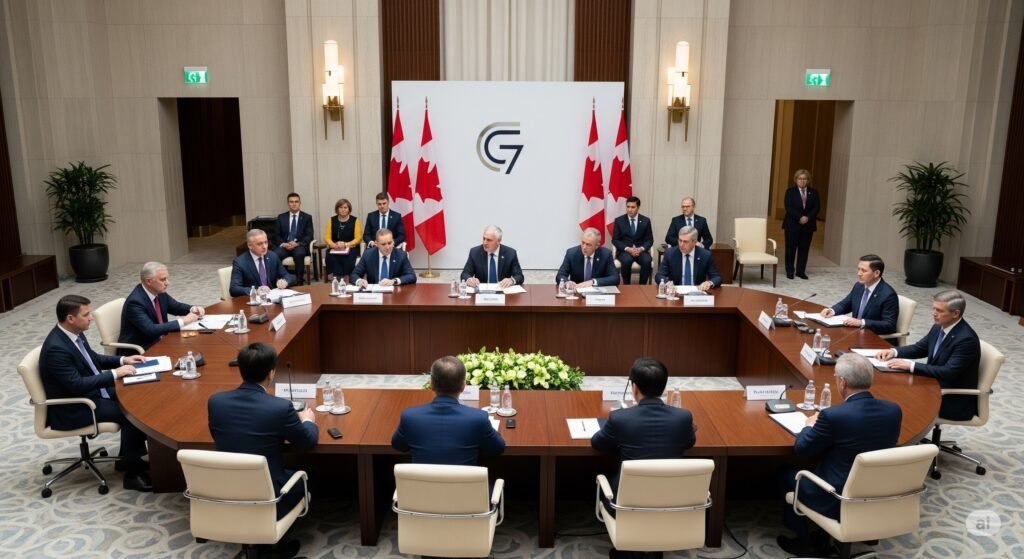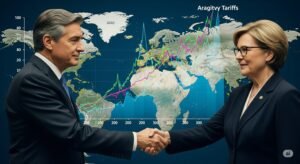The world stage is set for another pivotal gathering as leaders from the Group of Seven (G7) nations convene in Canada. This year’s summit arrives at a particularly charged moment, with ongoing tensions in the Middle East, notably the Iran-Israel conflict, casting a long shadow. Add to this the expected presence of figures like India’s Prime Minister Modi and potentially President Donald Trump, and the discussions are sure to be dynamic and closely watched. For Americans, understanding the priorities and potential outcomes of this summit is crucial, as decisions made here can have ripple effects across the globe, impacting everything from trade to security.
Key Issues on the Agenda
While the official agenda is broad, several critical issues are likely to dominate the discussions. Here’s a look at what’s top of mind:
- The Middle East Crisis: The escalating tensions between Iran and Israel will undoubtedly be a central focus. Leaders will be seeking ways to de-escalate the situation, explore diplomatic solutions, and potentially coordinate sanctions or other measures. For the U.S., maintaining stability in this volatile region is a long-standing priority.
- Global Economic Stability: With inflation concerns lingering in many parts of the world and the potential for economic slowdown, the G7 leaders will be discussing strategies to foster sustainable growth. This could involve discussions on trade policies, supply chain resilience, and international financial cooperation. American consumers and businesses have a direct stake in these discussions.
- Climate Change: As the impacts of climate change become increasingly evident, the G7’s commitment to reducing emissions and supporting clean energy transitions will be under scrutiny. Expect discussions on financing climate initiatives and setting ambitious targets.
- Support for Ukraine: The ongoing conflict in Ukraine remains a significant concern. G7 nations are likely to reaffirm their commitment to supporting Ukraine and to discuss further measures to hold Russia accountable. This has direct implications for European security and the broader international order.
The Role of Key Players
The dynamics of the summit will be heavily influenced by the individual leaders present. Prime Minister Modi’s participation highlights India’s growing global influence and its potential role in mediating international disputes. The possible return of Donald Trump to the U.S. political scene adds an element of unpredictability, given his past criticisms of multilateral institutions and trade agreements. Current U.S. leadership will be aiming to maintain a unified front among the G7 allies on key global challenges.
Why Should Americans Care?
The decisions made at the G7 summit can have tangible effects on the lives of Americans. Discussions on economic policy can influence inflation rates and job markets. Decisions on climate change can impact the environment and future energy costs. Foreign policy stances can affect international security and the likelihood of U.S. involvement in global conflicts. By paying attention to the outcomes of this summit, Americans can gain a better understanding of the forces shaping our world and the potential implications for our future.
G7 leaders meet in Canada amid Iran-Israel tensions. Modi and potentially Trump join crucial talks on global economy, climate, and security. Why it matters to the US.











